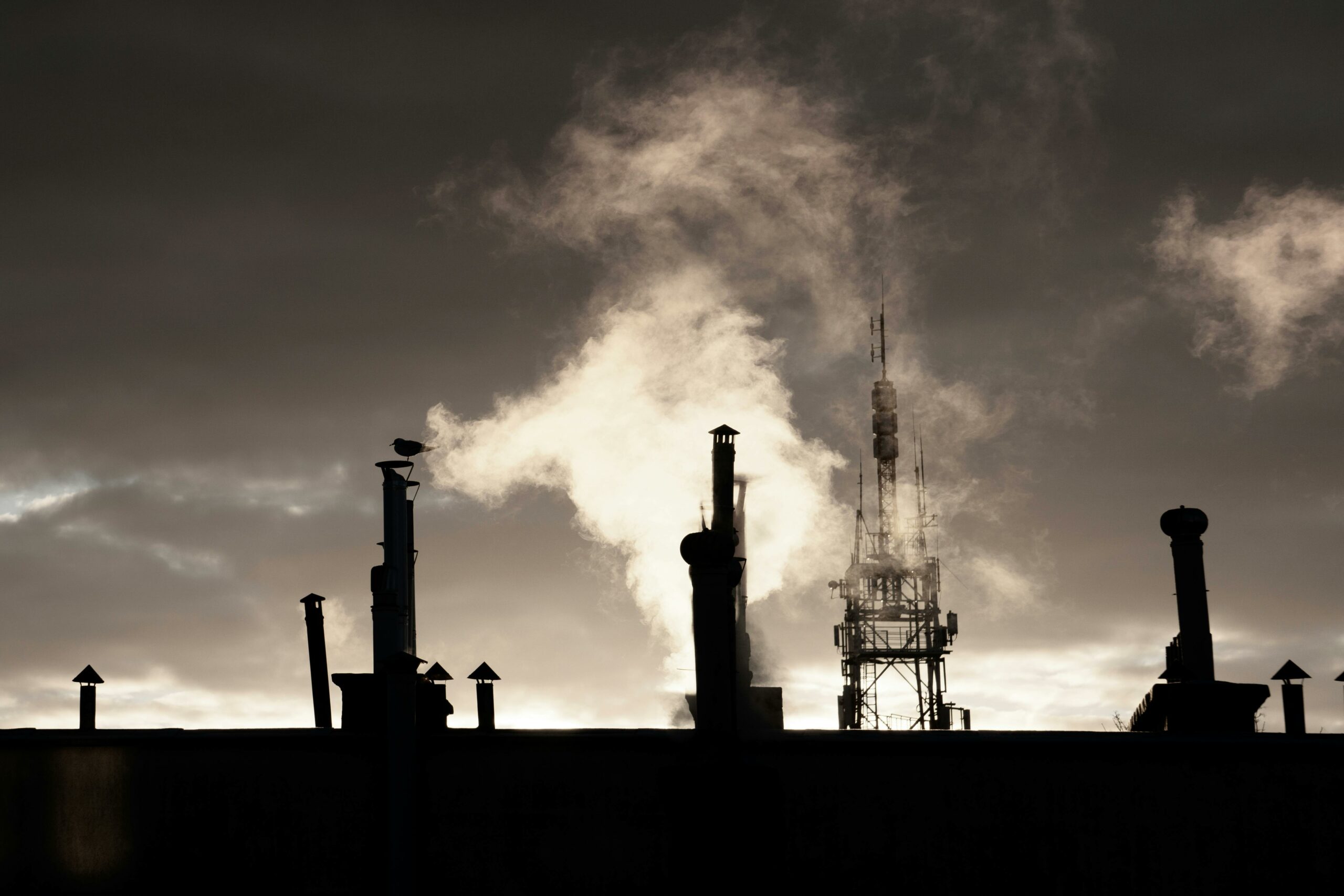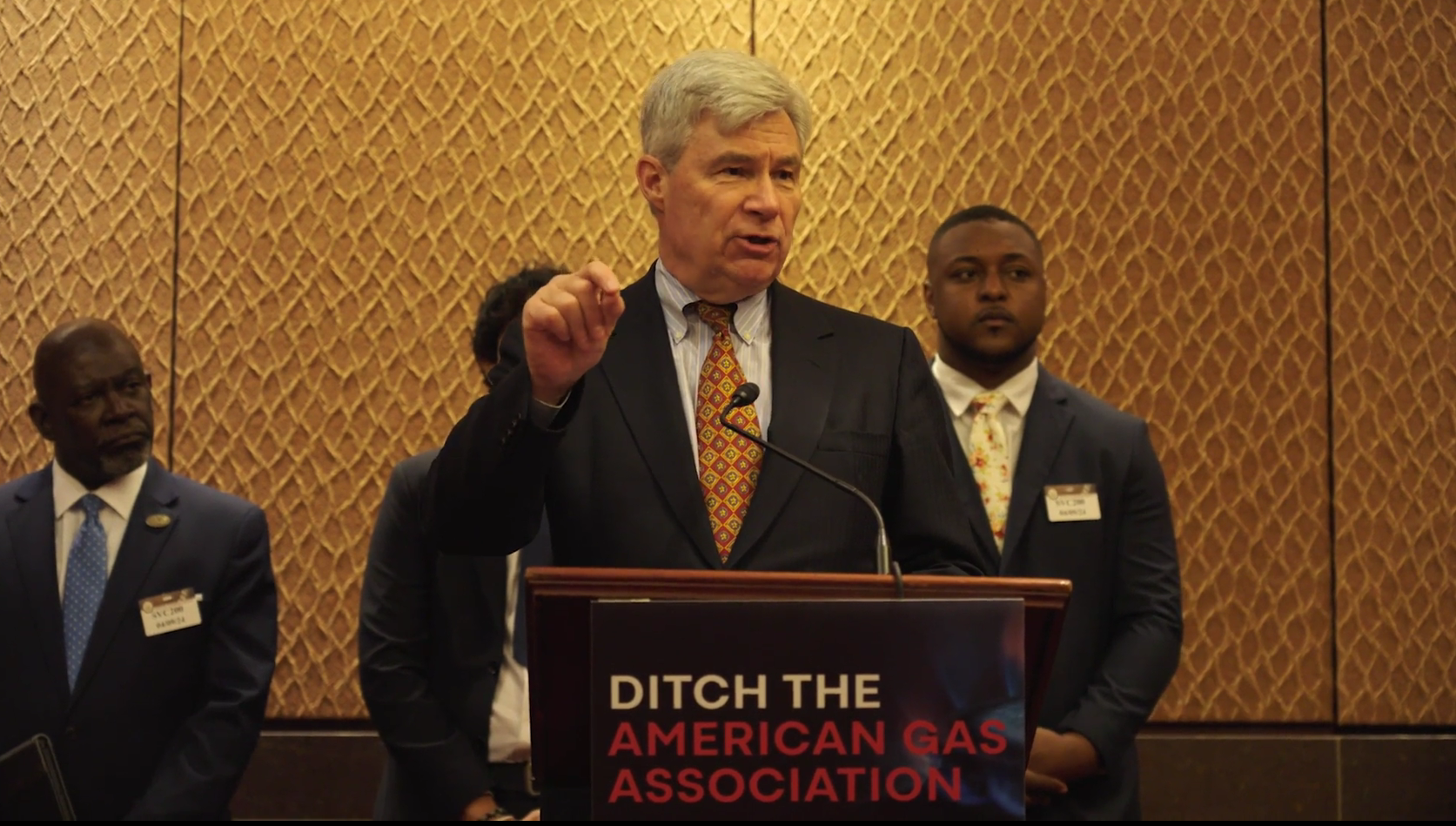Can you believe it? After years of public pressure, reports say the Biden Administration is considering declaring a climate emergency.
But what does that mean, and why is it so important?
The Biden Administration has the power to declare a climate emergency under the National Emergencies Act. If they did, it would be HUGE. Declaring a climate emergency would carry immense weight, enabling a range of measures to be implemented quickly. It would give the White House the ability to:
- Reinstate the crude oil export ban
- Deny permits for any new fossil fuel projects or drilling
- Mandate a phase out of fossil fuel production on federal lands and waters.
- Redirect disaster relief funds toward distributed renewable energy construction in frontline communities
- Marshal companies to fast-track renewable transportation and clean power generation, all while creating millions of high-quality union jobs.
In short: a climate emergency declaration is not merely symbolic; it is a crucial step towards catalyzing the transformative change needed to address the climate crisis. And with fossil fuel companies trying to build new infrastructure left and right, a climate emergency declaration would be an important tool to stop the madness and build a sustainable future instead.
We’ve been asking the President to take this step for years, and it’s needed now more than ever. We’ve just faced ten straight months of global heat records and it appears there’s more to come. The United Nations’ climate chief issued a red-alert warning on climate, after record heat and ice melt in 2023. Here in the United States, climate disasters are increasing in frequency and intensity, and the forecast is for another sweltering summer.
Extreme weather events, exacerbated by climate change, have cost the U.S. more than $1 trillion in recent years–globally it is $16 million per hour. Human health is being directly impacted, and inequity is being furthered in the U.S. and globally. Food supplies are directly impacted and over 1 billion people could be displaced in the coming years.
If that’s not an emergency, I don’t know what is.
Let’s make it official. We’re coordinating a nationwide petition with the goal of sending at least 100,000 names to the White House demanding: Declare a climate emergency now!
Let me be clear. So far, President Biden has been the strongest U.S. president yet on climate change. The Inflation Reduction Act he championed provided more than $370 billion on clean energy over the next decade. The Environmental Protection Agency under his supervision has moved forward on several key rules that will reduce climate pollution from cars, power plants, and more.
But there’s much more to be done and we’re running short on time to do it.
This is the climate crisis, and this is an emergency. Tell President Biden: This is not a drill. Declare a climate emergency now!





